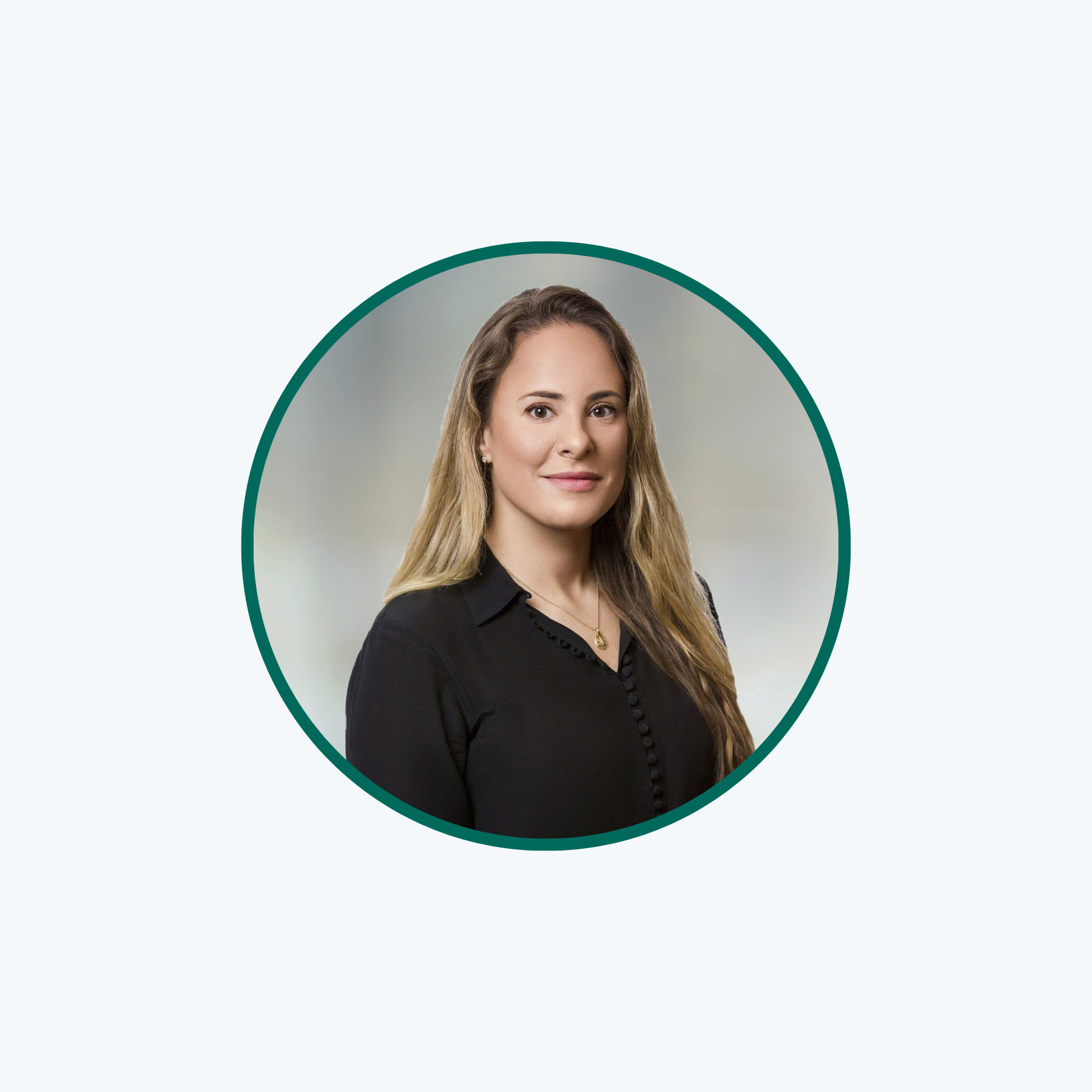
Name: Kathleen Jowett
Title: Fund Manager
Organization: LaSalle Global Partner Solutions
ESG Topics of Interest:
- Green architecture
- Off-grid / “un-plugged” building design
What motivated you to join the GRESB Foundation Board?
I have been actively involved with GRESB since 2010, first on the Real Estate Advisory Board and later chairing the Real Estate Benchmark Committee. After twelve years, moving to the Foundation Board with its focus on the future direction of the survey is the next logical step. For me and my team, ensuring the success of GRESB as an investor-led tool is extremely important.
In my position on the Foundation Board, I will continue to help drive change to help ensure GRESB remains relevant and forward-thinking on behalf of investors globally, with a particular interest in enhancements, consistency across other legal frameworks, usability, and access to asset-level sustainability data.
How does your organization view ESG and what is your organization’s approach to responsible investing?
Within the context of its global operations, LaSalle defines environmental sustainability as its efforts to reduce climate risk, consumption, water usage, waste disposal, and carbon emissions, and the promotion of strategies that encourage these reductions.
LaSalle believes that taking financially responsible steps towards improving environmentally sustainable operational practices at our managed properties represents good and responsible corporate citizenship and serves in the best interests of our clients through the potential to increase the values of client portfolios.
LaSalle is committed to the following Global Sustainability Goals developed by the Global Sustainability Committee across its global business:
- Reducing the environmental impact of our business
- Reducing the environmental impact of our clients’ real estate holdings
- Exceeding local environmental regulations where appropriate
- Driving thought leadership and innovation on sustainable property investments
- Collaborating with clients, tenants, property managers, and other service providers to provide sustainable management of properties
How does your organization use GRESB and its data?
On the direct side, GRESB provides an annual benchmark of performance across a wide range of criteria, and compares similar fund entities to provide us and our fund teams with an accurate reflection of how well our programs and performance compares to the industry. It also gives our clients the confidence that we are managing their investments to high ESG standards.
For indirects, GRESB is a valuable tool for due diligence, asset management, benchmark, data collection, and engagement. We also use the GRESB Portfolio Analysis Tool to analyze the impact of buying and selling certain investments in a portfolio and the resulting impact to the ESG risk of the wider portfolio.
What is next for ESG and what role will organizations like GRESB play going forward?
One of the biggest challenges for my firm as a global investor is lack of an accepted global standard for physical and transitional risk. Over the last couple of years, a wide variety of risk analysis tools have been developed to assess and price transitional and physical risk for the real estate sector. The big challenge currently is that each tool can produce wildly different results for the same asset and, in some cases, to great orders of magnitude.
From a global investment perspective, we also find large differences in data availability and consistency across regions within the same tool. As this sector matures, I believe GRESB can play a part in the standardization of transitional and physical risk data.